
Politicians apply for public service. WE ARE THEIR EMPLOYERS. We should, therefore, choose, by way of elimination, WHO among them has the best qualities that we look for in a leader.
1. PERSONA
What is the character of the candidate? How does the person behave, esp. under pressure? Does the candidate exhibit values and virtues that assure us of his or her integrity? What are his or her personality dynamics: insecure, vindictive, liar, self-conscious, emotional, temperamental, happy-go‐lucky, serious, honest, sincere, level-headed, objective, organized, rational, technical-minded, action-oriented, patient, persevering? Is the candidate polite, respectful, and just? Is the candidate a man or woman of honor, wisdom, prayer and faith?
2. VISION
What is his or her vision for the country? Does the vision represent the aspirations of ordinary people? Does he or she have a good grasp of the Constitution that governs the country and its common aspirations for justice, prosperity, peace, and love under God?
3. PROGRAM OF GOVERNANCE
Does the candidate have a relatively good knowledge of government bureaucracy and how public service should work and be delivered? What national problems has the candidate identified and how does he or she intend to solve them? What are the candidate’s priority programs and how will he or she fulfill them? What areas of governance does the candidate prioritize: military and police, infrastructure, counter-insurgency, local government, peace talks and peace-making, economy, foreign debt-servicing, foreign direct investments, business sector, banking and finance, trade and industry, labor and employment, science and technology, livelihood and cooperatives, justice, education, health care agriculture, climate change? What kind of people will he or she likely appoint to sensitive positions of government?
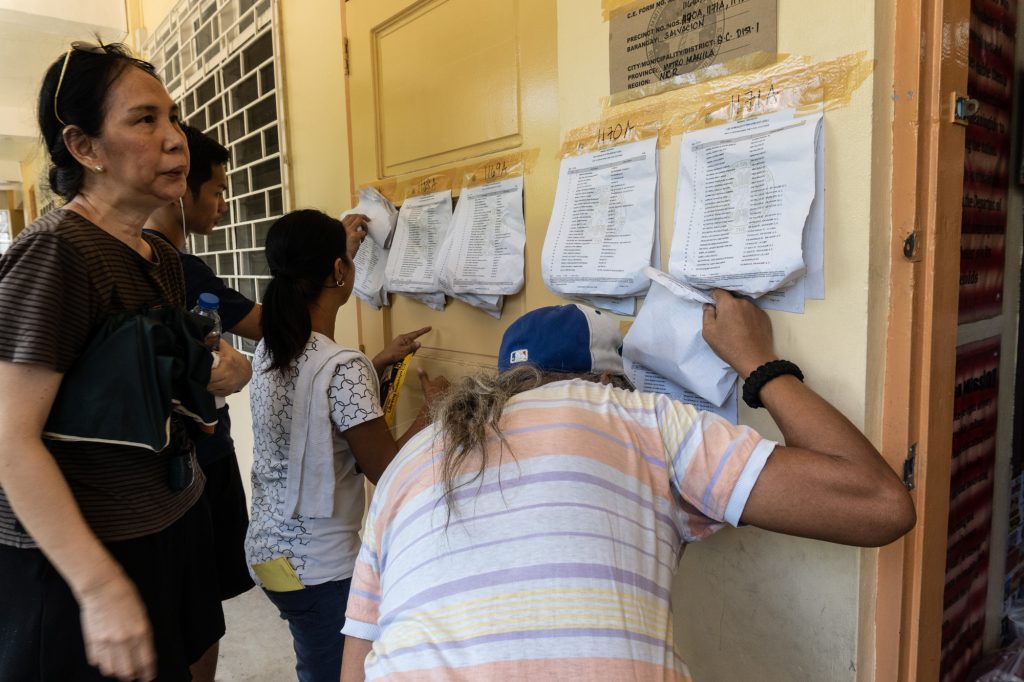
4. LIFESTYLE
Does the candidate live a simple lifestyle on and off camera? Does he or she live within her means? Does he or she live the values of modesty, decency, simplicity, and discipline which spell out the integrity requirements of his or her office? Is the candidate simple, given his or her wealth and power? Does the candidate exhibit self-entitlement or does he or she demand special attention and treatment all the time?
5. COMPETENCE
Does the candidate have the necessary education, both formal and informal, to match the office he or she is applying for? Has the candidate put to good use his or her professional training and applied it to his or her career path in real life? What characterizes the work ethic of the candidate–punctuality/tardiness, consistency/ changeability, objectivity/ subjectivity, self-control/ irascibility, productivity/ laissez-faire, proactive attitude/ reactive stance, unity/division, alternative views/ status quo?
6. TRACK RECORD
What does the candidate’s performance in public service show us? What achievements, initiatives, or new strides in public service can he or she show us? Are there dark spots in his or her career path? What achievements can the candidate show that can persuade people to trust her public service record?
7. PERSONAL INTERESTS
Does the candidate have the purest of intentions to serve the people? What concrete personal sacrifices has the candidate made in the name of public service?
Does the candidate have a personal or family business to protect? Who are the big businesses and financiers supporting the candidate? Does the candidate run to regain lost power and privilege? Does the candidate run to cover up evidence of corruption of his or her family?
8. TRANSPARENCY
Does the candidate have a record of transparent governance in his or her office? Has the candidate shown accountability? Has the candidate explained and answered questions of increased wealth while in office? Can the Statement of Assets, Liabilities, and Net Worth (SALN) of the candidate stand investigation and scrutiny by an adverse media? Has the candidate supported and promoted Freedom of Information?
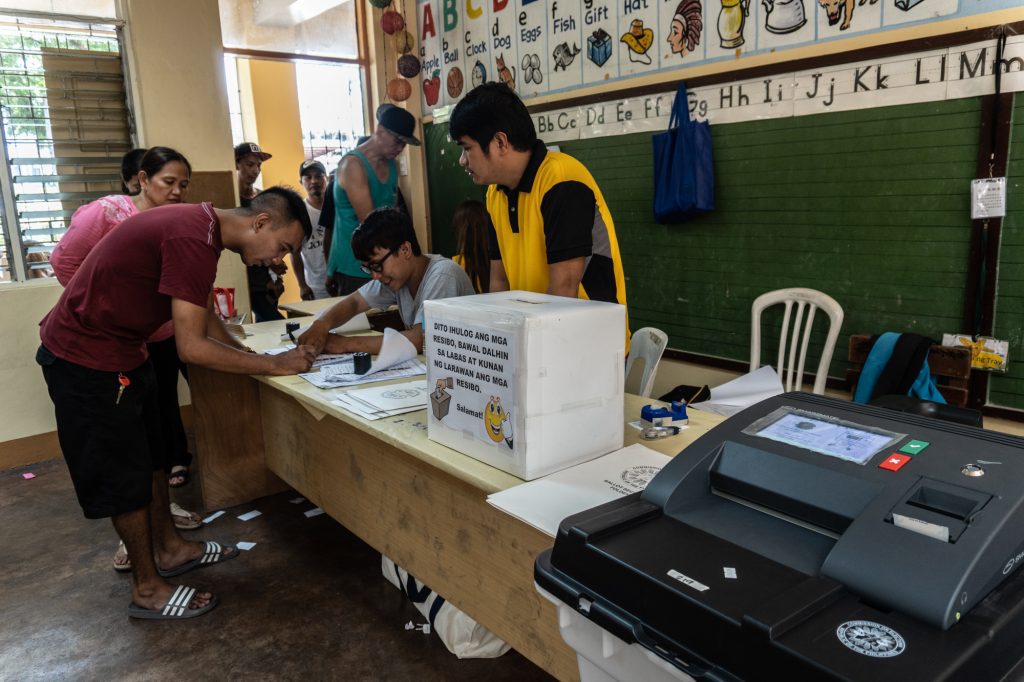
9. FAMILY INTERESTS
Does the candidate have a husband/wife, children, or relatives who stand to benefit from his or her run for public office? Does the candidate seek election or re-election in order to perpetuate a political dynasty? Does the family have a history of corruption?
10. STAND ON ISSUES
Does the candidate have a clear stand on burning social issues such as: poverty and hunger incidence, Covid19 pandemic response, corruption, disaster response, healthcare services, unemployment, drug war, justice for victims of political harrassment, justice for the families and victims of extra-judicial killings, freedom of information, climate change, press freedom, accountability, foreign debt, foreign relations, WPS and Chinese encroachment, insurgency and counter-insurgency, separatist movements, etc.
11. RESPECTABILITY
Does the candidate enjoy the respect of the academic community, business, labor, NGOs, media, local and foreign public officials?
People may wonder whether someone will pass this litmus test. But, shouldn’t we set the highest standards for the highest office of the land?
Fr Ferdinand Hernando is the founder of the Missionaries of the Beatitudes, a congregation living the Augustinian spirit of St. Ezekiel Moreno. He is a theology professor specializing on Dogma, Liberation Theology and Methods of Theological Reflection. He manages the St. Ezekiel Charity Kitchen for the Poor in Quezon City.

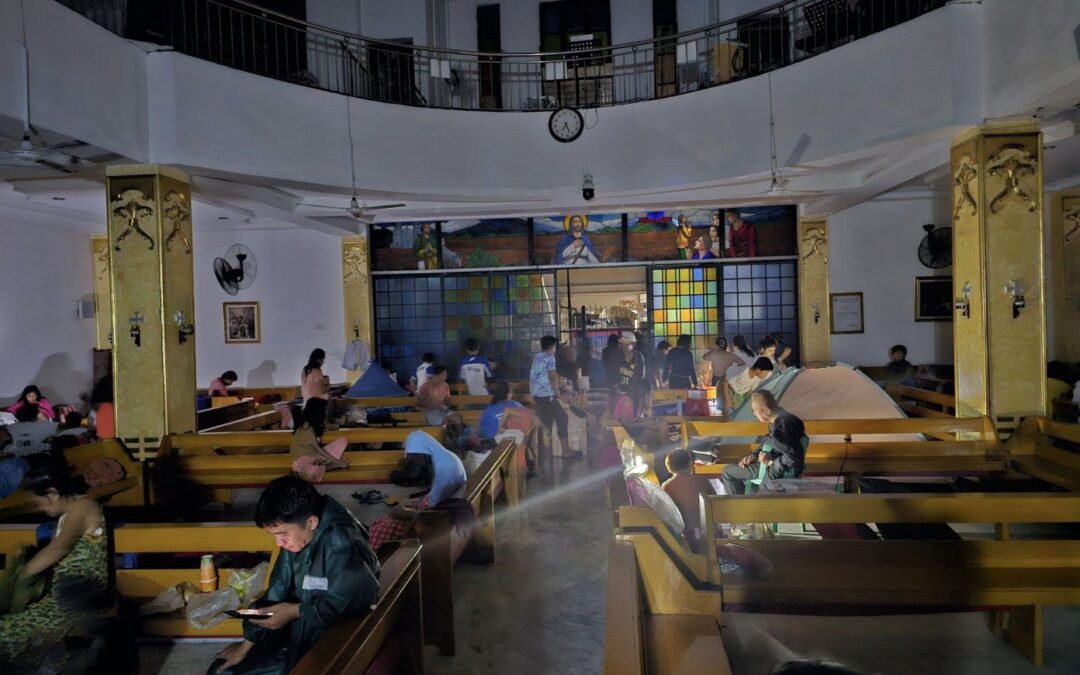
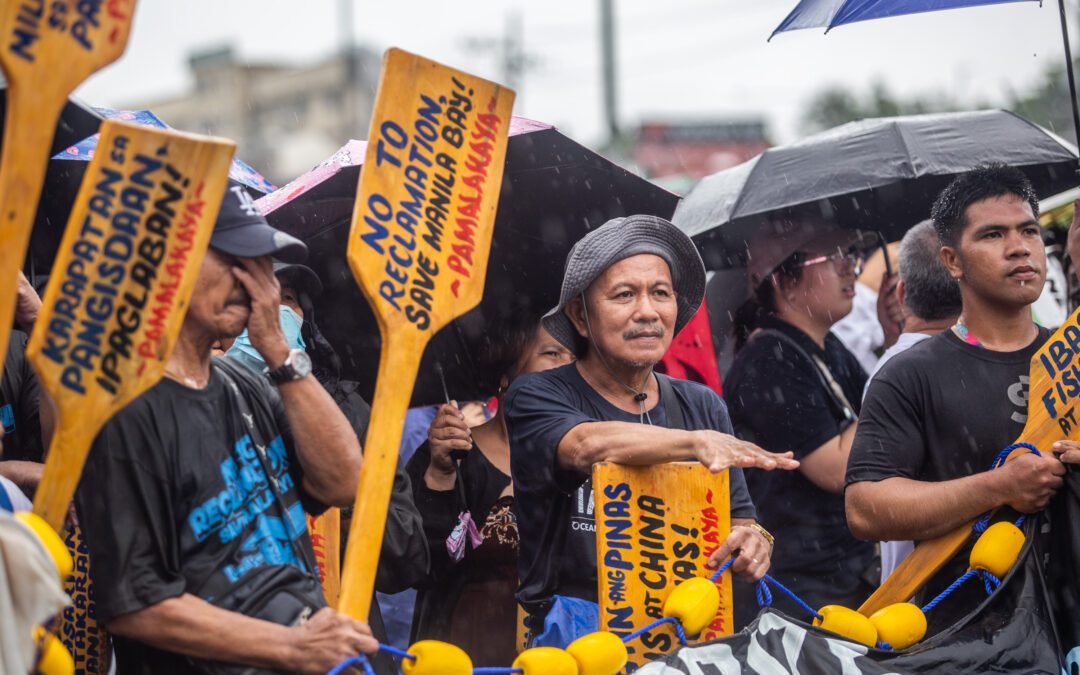
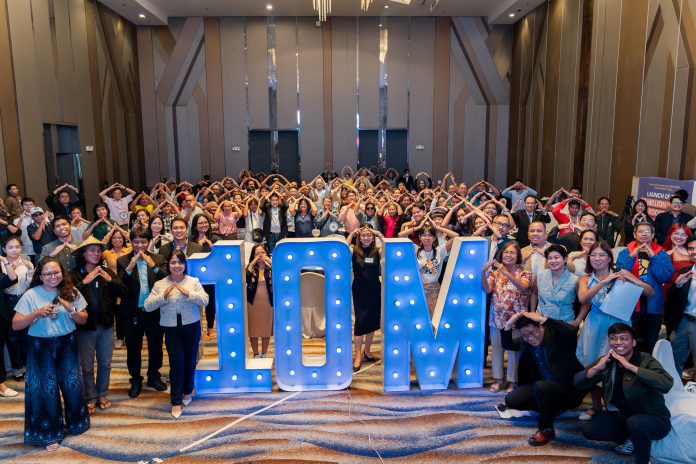
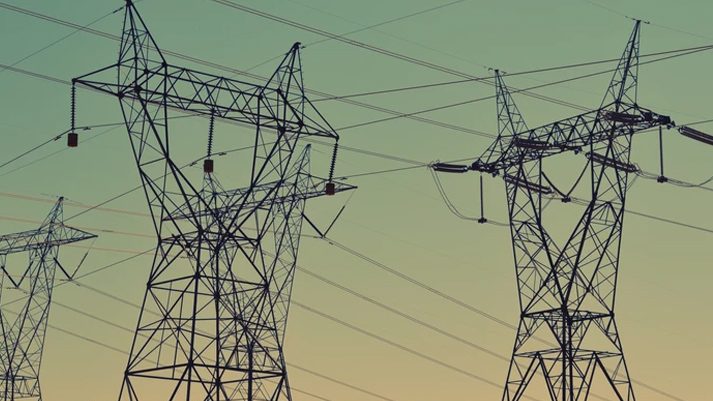
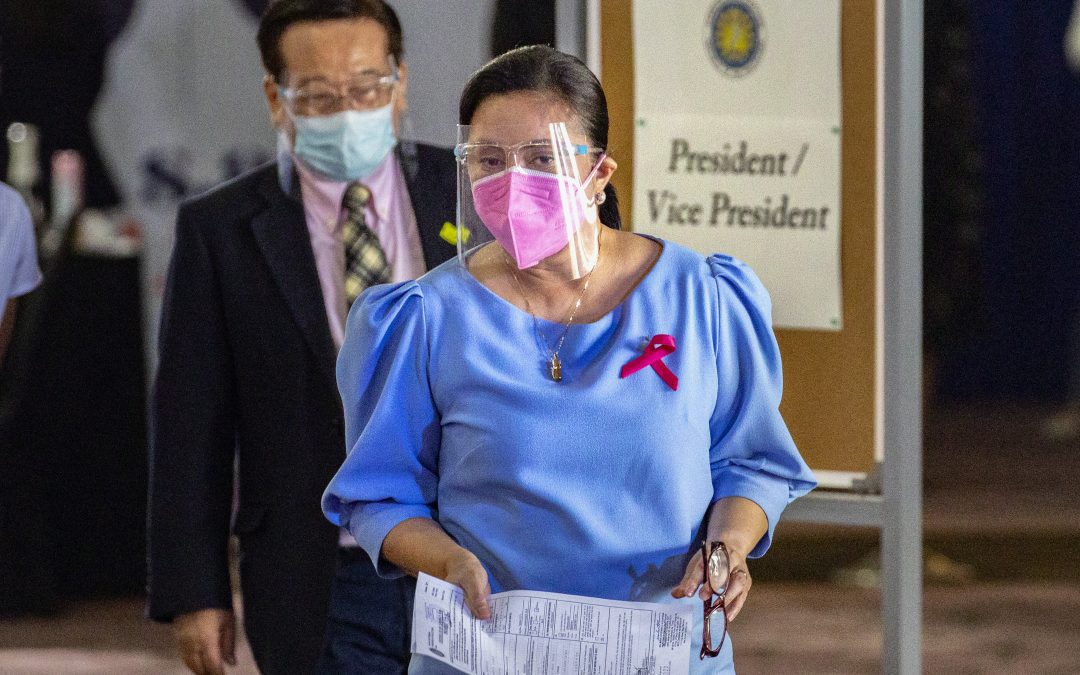
0 Comments